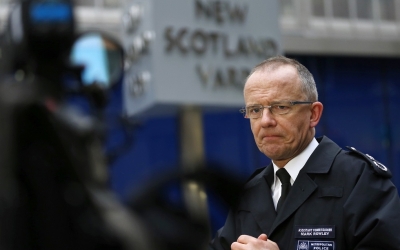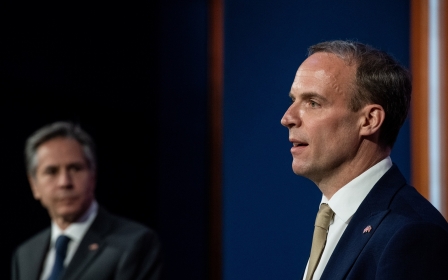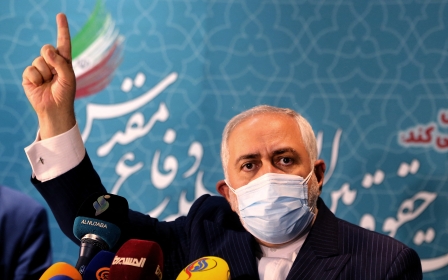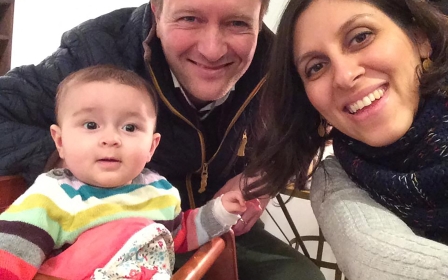Scepticism at report claiming Iran interfering in Scottish elections
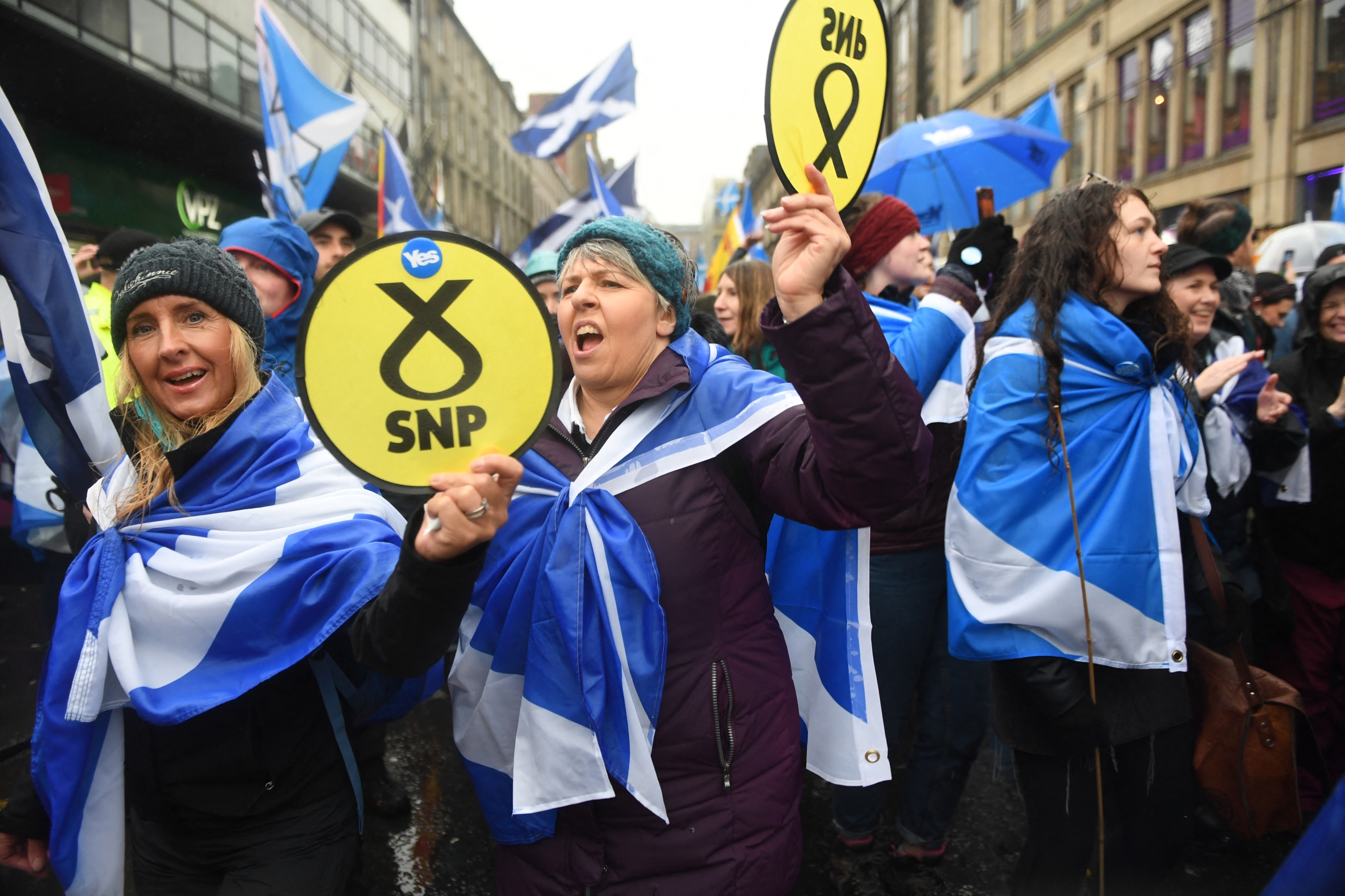
Eyebrows have been raised over headlines in a number of British newspapers suggesting that Iran is planning to interfere in upcoming elections in Scotland.
The Times newspaper published a story on the front page of its Scotland edition on Monday with the headline "Iran 'meddling in Scots election'". The story detailed apparent attempts by fake accounts on social media impersonating supporters of Scottish independence in order to boost support for the Scottish National Party (SNP).
The story, which also appeared in the Daily Telegraph and a number of other outlets, is based on a report by the Henry Jackson Society (HJS), a self-described neoconservative think-tank working "across borders and party lines to combat extremism, advance democracy and real human rights".
“Iran is almost certainly looking to disrupt our current elections, most likely those underway for the Scottish Assembly,” read the report, misnaming the devolved Scottish parliament.
“Iran’s activities in cyberspace are designed to attack the constitutional integrity of the UK. There appear to be elements within Iran who are willing to interfere in the UK’s domestic politics to encourage Scottish separatism.”
The HJS report, written by Paul Stott, said Iranian operatives were establishing fake websites with targeted domain names so as to trick potential voters, as well as creating fake groups and accounts on Twitter and Facebook.
Scotland held a referendum in 2014, in which the country voted against independence.
However, since then the UK has voted to leave the European Union, despite the majority of Scotland voting to remain, which along with London's handling of the Covid-19 pandemic has helped reignite the independence debate.
Elections to the Scottish parliament are taking place on Thursday, with the pro-independence SNP expected to once again top the polls.
The Times article was met with scepticism in some quarters.
Katherine O'Donnell, a former night editor for the newspaper, tweeted that she thought there was "something very wrong with it" and criticised the credentials of its author, who she pointed out had been censured by his own university, the School of Oriental and African Studies (SOAS), after he had publicly criticised grime artist Stormzy for saying the UK had a problem with racism.
In its statement, SOAS said that Stott's comments - in which he said Stormzy should say "thank you" to the country that "helped bring him up" - did not "accord with the values of SOAS" and described them as "ill-informed and extremely offensive".
"So, the source for the Times’ story is a report by an academic whose comments about race have been disowned by his university and who, coincidentally, has written for the right-wing magazine Spiked," wrote O'Donnell.
"People may draw their own conclusions about Dr Stott’s views and motivations, but of course this doesn’t mean he’s wrong about Iran."
'An abrasively right-wing forum'
The HJS has regularly been accused of Islamophobia. A founder of the organisation, Marko Attila Hoare, left it in 2012 saying it had become "an abrasively right-wing forum with an anti-Muslim tinge".
Last year, the HJS was forced to pay damages to the British Muslim-focused TV channel Huda Television, after claiming in a report titled Extremism on the Airwaves: Islamist Broadcasting in the UK that the channel had broadcast "content containing Islamist extremist subject matter".
Arshin Adib-Moghaddam, an academic at SOAS and author of the book What Is Iran?, told Middle East Eye that he didn't believe Iran had the "interest or capability to pursue such an agenda" and said the source was suspicious.
"The first thing students of politics learn is to evaluate the source of any information. The Henry Jackson Society, for instance, is tied into a network of several so-called 'think-tanks' with a clear political mandate," he said.
'Such organisations are not places where facts are made in the interest of better knowledge about Iran, or any other country for that matter - that is simply not what they are made for'
- Arshin Adib-Moghaddam, SOAS
He said the "legitimate aim" of groups like the HJS was lobbying, "in this case against Iran".
"Such organisations are not places where facts are made in the interest of better knowledge about Iran, or any other country for that matter - that is simply not what they are made for," he said.
"I have made these connections clear in my new book which demonstrates how the 'fake news' machinery works."
Iran has previously been accused of interfering in foreign elections, including in the UK.
Facebook released a report in 2020 saying that Iranian state media had experimented with using fake social media accounts to influence the 2014 Scottish independence referendum.
The social media giant closed down a network linked to the Islamic Republic of Iran Broadcasting Corporation (IRIB), which involved more than 500 accounts that amplified pro-Iran narratives, according to social network analysis company Graphika.
Iran was also accused of attempting to influence the 2018 mid-term elections in the US, but the country's intelligence agencies said there was no evidence it compromised the integrity of the election.
Middle East Eye delivers independent and unrivalled coverage and analysis of the Middle East, North Africa and beyond. To learn more about republishing this content and the associated fees, please fill out this form. More about MEE can be found here.


